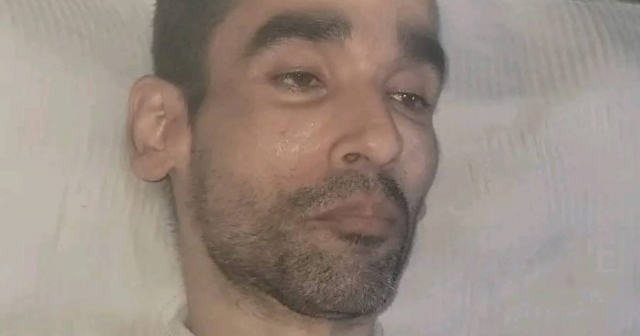“Crisis in Cuba and options for change” has been the topic this Monday on The mornings of CyberCuba where an academic, an economist, a human rights defender and a journalist were enriching a national debate of vital importance.
Two of the main sources of income for the Cuban economy are income from medical and professional services in general, and tourism. Although the National Office of Statistics and Information (ONEI) has not yet published the figures for the first during this fateful 2020, the downward pace of its income is expected to continue. Equally alarming is the tourism situation.
According to a article by the economist and contributor to CyberCuba, Elías Amor, “last 2020, as a consequence of the crisis due to the COVID-19 pandemic, 1,085,920 tourists arrived in Cuba, registering a decrease of 74.6% compared to the 2019 figure”. That is, income from tourism activity contracted by 3/4 compared to the previous year. Nothing indicates that the situation in these two key areas for the country's economy will improve in the short term.
The state of the Cuban economy continues to be bad news.
In this context, the vision from Cuba of the economist Ángel Marcelo Rodríguez Pita is summarized in crisis and shortage, as well as problems of “poor public administration where confidence in the internal market is lost, which causes speculation and affects the economy.””.
Another deficiency, in the economist's opinion, lies in the state's demand that non-agricultural cooperatives, "completely created autonomously, set the same prices as the socialist state company." The above creates an unfavorable environment and generates chaos, says Ángel Marcelo, “because they must buy materials and supplies in US dollars in retail stores,” in addition to having to deal with the demand for capped prices.
Later, he mentioned “the failure of companies due to the importing culture”, the lack of incentives for production and the need for dialogue as a way to solve problems: “The bureaucracy does not move if you do not try to put pressure on it,” he concluded.
For the academic Mariela Morales, he medication shortage At the level of polyclinics and hospitals it is alarming, which alternates with measures that it considers misguided in the confrontation with Covid-19 in Cuba.
In this regard, Mariela mentioned that at 6th year medical students in Havana have had their classes interrupted to send them to health care in confinement centers, or to carry out investigations, among other activities related to the pandemic, all without remuneration.
For his part, Yaxis Cires, director of Strategy of the Cuban Observatory of Human Rights and coordinator of Cuba Humanista, went beyond measures taken by those in power, to expose “the consequences of an economic, political and social system.” Cires considered that the country has been experiencing a crisis since 2018, to which is added "the crisis in Venezuela and the impact of some measures taken by the Trump administration." This, he assured, leads to a situation of poverty and hopelessness. With Covid-19, the crisis accumulates and manifests itself in poverty, in hopelessness, which makes people get excited about the simple phrase of “Homeland and Life”, he noted.
At the same time, Yaxis announced that Humanist Cuba has proposed “open a humanitarian channel favored by the two governments”, that of Cuba and that of the United States, because “We have to do something to help people who are having a hard time right now… Cuba can't take it anymore.”
Carlos Cabrera, journalist CyberCuba Also present at the gathering, he blames the system imposed on the island for the current crisis. “It is the failure of communism. "It is the palpable result, communism is hunger, it is poverty, it is inequality and enormous human fraud for the population who are victims of these regimes," said.
He also highlighted the difficulties faced by the tourism sector, among which are the poor production chain, as well as problems in the land ownership structure, in which "the Cuban peasant, the producer, is not the true owner." However, he considered that “the main problem is moral,” and has to do with the ruling caste and its parasitism, he stated.
Asked about a short-term solution to the problem of the economic and social crisis in Cuba, Carlos proposed “that the reformist elements of the regime undertake an agile and gradual transformation going from law to law”, while Yaxis, in line with Carlos, said they were betting on a transition to democracy where “The voice is returned to the Cuban people at the lowest possible social cost”.
For Ángel, a company law is necessary for nationals, as well as promoting investments in the international market, as well as “promote the culture of encounter”. And Mariela defended the creation of a citizen platform that they dialogue with each other and that they can offer a project to the government.
Change of government, economic system and mentality could be the alternatives to overcome the crisis in Cuba, the only thing missing is for the Cuban people to exercise their status as sovereign and protagonist in the country's destinies.
The mornings of CyberCuba It is broadcast live on the platforms of CyberCuba, from Monday to Friday at 12 noon Cuban time, and at six in the afternoon Spanish time.
What do you think?
SEE COMMENTS (2)Filed in:
